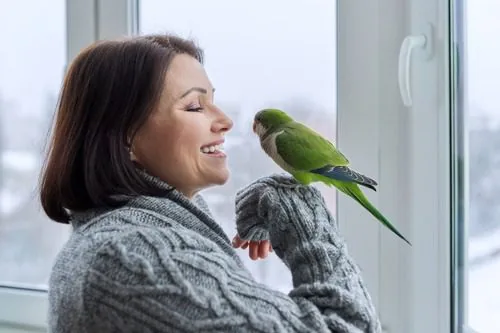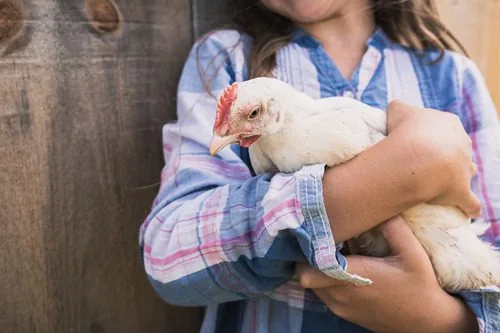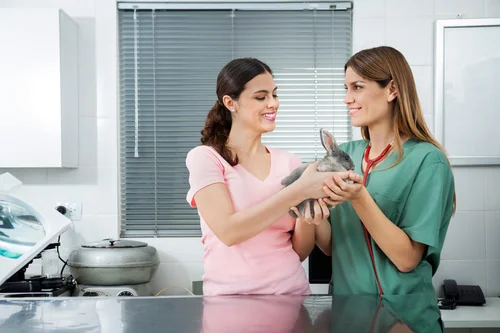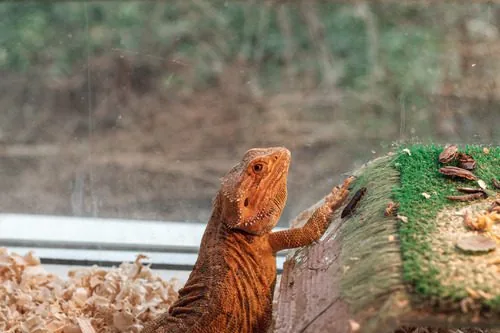When you notice your bird shaking, it’s natural to feel a bit concerned. Birds, just like humans, have their unique ways of communicating discomfort, illness, or even contentment. In this blog, we’ll explore some common reasons why birds shake and what these behaviors might indicate. It’s important to remember that while this article can provide insight, it’s no substitute for professional veterinary care. If your bird’s shaking seems unusual or is accompanied by other symptoms, please reach out to the Avian and Exotic Animal Hospital of Louisiana at (504) 455-6386 for expert guidance.

Understanding Bird Shaking: A Closer Look
Birds exhibit shaking behaviors for various reasons, ranging from the benign to the serious. Understanding why your bird is shaking is the first step in ensuring they receive the care they need.
Normal Physiological Responses
Temperature Regulation
Just like us, birds can shiver to stay warm. If your home is a bit chilly, your bird might shake as a way to generate heat. Ensuring your bird’s environment is comfortably warm can help minimize this type of shaking.
Preening and Cleaning
Birds often shake as part of their grooming process. This shaking helps remove dust, dander, and excess water from their feathers. Watching your bird shake off after a bath can be quite entertaining and is usually no cause for concern.
Behavioral Expressions
Excitement or Anticipation
Birds might shake with excitement when they see you preparing their favorite treat or getting ready to play. This type of shaking is often seen in happy, healthy birds.
Stress or Fear
Conversely, birds may also shake if they’re scared or stressed. Changes in the environment, new people, or loud noises can trigger this response. Identifying and minimizing stressors in your bird’s environment can help.
Health-Related Causes
Illness or Pain
Shaking or trembling can sometimes indicate illness or pain. Other symptoms to watch for include changes in appetite, behavior, or droppings. If you suspect your bird is ill, it’s crucial to get them to a vet right away.
Toxic Exposure
If your bird has been exposed to toxic substances, such as certain plants, foods, or household cleaners, shaking may be a symptom. Immediate veterinary care is essential in these situations.
How to Support Your Shaking Bird
Noticing your bird shaking can prompt concern and a flurry of questions. While some reasons behind this behavior are harmless, it’s essential to know how you can support your feathery companion. Here are tips to ensure their birds feel safe, comfortable, and healthy.
- Maintain an Ideal Temperature: Birds are sensitive to temperature changes. Ensure your bird’s living area is kept at a comfortable temperature that mimics their natural habitat. Avoid placing their cage near drafty windows or directly under air conditioners.
- Familiarize Yourself with Your Bird’s Body Language: Learn to recognize signs of stress or fear in your bird. Quick, jerky movements, feather fluffing, or retreating to a corner can indicate discomfort.
- Introduce New Things Slowly: Whether it’s a new toy, cage, or even a new person, introduce changes gradually to avoid overwhelming your bird.
- Keep the Environment Calm: Reduce loud noises and sudden movements around your bird. A calm, predictable environment helps prevent stress-induced shaking
- Routine Veterinary Visits: Regular check-ups with an experienced avian veterinarian can catch potential health issues early. They can also provide tailored advice on your bird’s diet, environment, and care.
Recognizing When to Seek Help
Understanding your bird’s normal behavior is key to recognizing when something is off. If your bird’s shaking is accompanied by other concerning symptoms, call the Avian and Exotic Animal Hospital of Louisiana at (504) 455-6386. While a shaking bird can be a sign of various conditions, from the completely normal to the potentially serious, it’s important to observe your bird closely and to know when professional advice is needed. Our team at the Avian and Exotic Animal Hospital of Louisiana is here to help with all your avian needs.
Recent Posts
About Avian & Exotic Animal Hospital of Louisiana
Avian & Exotic Animal Hospital of Louisiana, formally West Esplanade Veterinary Clinic, is Louisiana’s only veterinarian that provides care exclusively to avian and exotic pets. From parrots to rabbits and ferrets to a wide variety of reptiles, as well as a multitude of small mammal exotic pets, we welcome them all to our practice!




